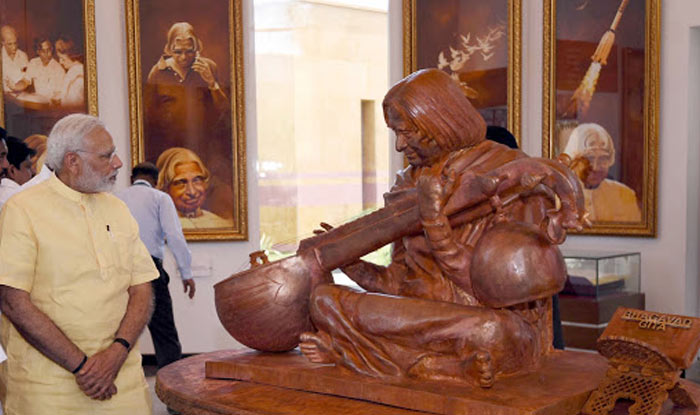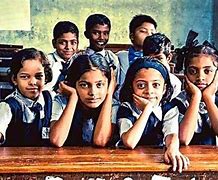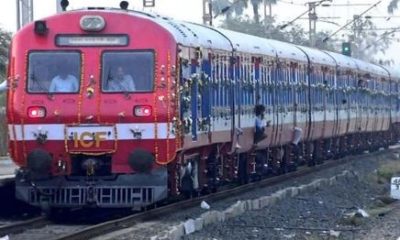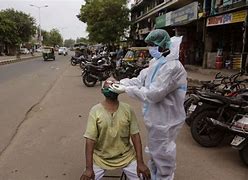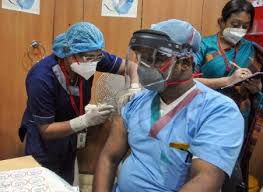Feature
Why is Abdul Kalam memorial in controversy for Bhagavad Gita?
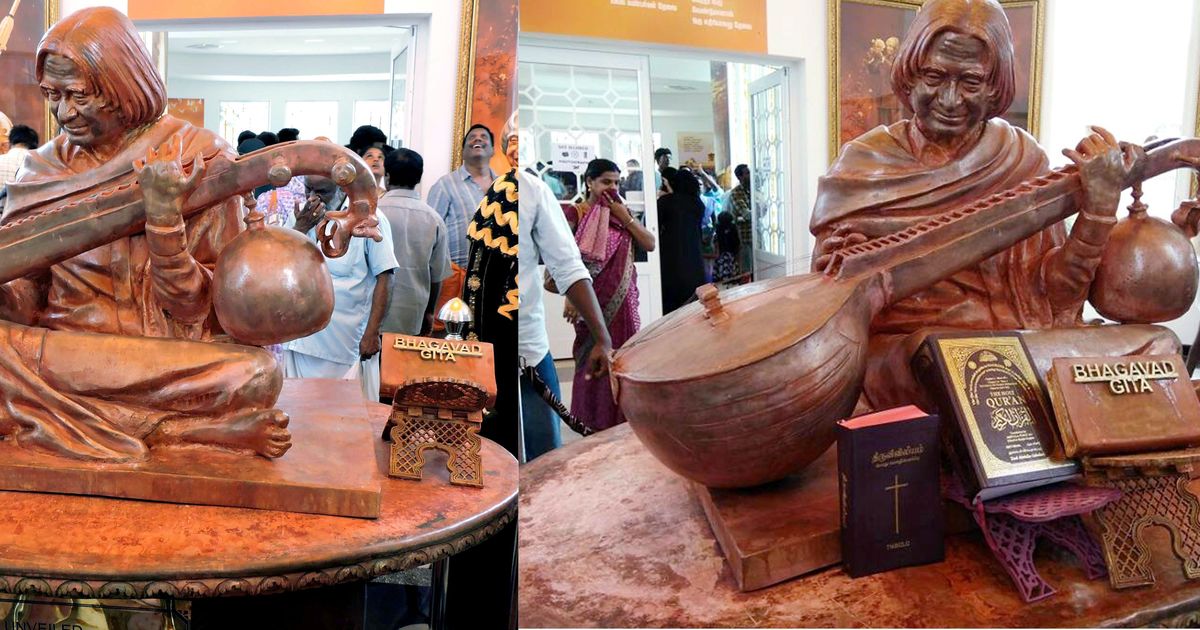
Chennai: Just after few days of inauguration, a multi-crore memorial of former president A P J Abdul Kalam comes into controversy. The memorial was inaugurated on the occasion of Kalam’s second death anniversary by Prime Minister Narendra Modi in Tamil Nadu. Controversy arises after an engraved ‘Bhagavad Gita’ was placed near his wooden statue, inside the memorial.
A wooden copy of the Gita has been sculpted along with the statue and has drawn opposition from various quarters. On July 27, Prime Minister Narendra Modi had inaugurated the Rs 15 crore memorial and also unveiled the statue of Kalam playing the musical instrument ‘veena’ at Peikarambu in Rameswaram. The former president was adept at playing the musical instrument.
An MDMK spokesperson said party founder Vaiko had already questioned the need for a Gita there, when Kalam had, even in international fora, referred only from the Thirukkural. A PMK leader, on conditions of anonymity, also questioned the presence of the holy book, saying Kalam was common to all citizens of India.
To douse the fire of controversy, his family placed a copy of the Quran and Bible near the Gita. His relatives said Kalam was a leader to all Indians and no one should seek to politicise the episode. Sheik Dawood and Salim, his relatives, said, “An unnecessary controversy was raised by some people.
Defence Research and Development Organisation officials worked tirelessly for the memorial construction and had not sculpted the Bhagavad Gita near the statue with any (ill) intention. Now we have left two books — Quran and Bible near the statue.” They added that they would also place a copy of Tamil treatise Thirukkural near it soon.
On July 27, Prime Minister Narendra Modi had unveiled the statue of Kalam playing the musical instrument ‘veena’ at Peikarambu in Rameswaram.
However, leader of a local Hindu outfit objected to the placing of Quran and Bible near the statue on the ground that “no permission was taken” for the same. Hours later, officials manning the memorial kept the Bible and Quran in a glass box in the vicinity of the statue.
Hindu Makkal Katchi leader K Prabhakaran filed a police complaint claiming that the two holy books (of Quran and Bible) were placed without permission from authorities. “I respect all these books. But keeping them (in the memorial) without permission is wrong. Steps should be taken to see that such things are not done again,” he told reporters.
The memorial also houses Kalam’s ‘samadhi’, built by the DRDO, where the “People’s President” worked for decades, and other central government departments. The memorial has on display replicas of rockets and missiles on which the late scientist had worked. It has been built at a cost of Rs 15 crore on land allotted by the Tamil Nadu government. The memorial also has about 900 paintings and 200 rare photographs of the late scientist, who held the office of the president from 2002 to 2007.
A bronze statue of Kalam has also been erected at the memorial, the entrance of which has been designed in the style of the India Gate in New Delhi. The rear portion of the memorial has been modelled after the Rashtrapati Bhavan. A model of ‘Agni’ missile has also been positioned in front of the memorial. With ‘unity in diversity’ as its theme, the memorial features quotes of Kalam and pictures of him as a scientist and the president of India.
Entertainment
Meghalaya Reserves Legalized Gambling and Sports Betting for Tourists

The State Scores Extra High on Gaming-Friendly Industry Index
Meghalaya scored 92.85 out of 100 possible points in a Gaming Industry Index and proved to be India’s most gaming-friendly state following its recent profound legislation changes over the field allowing land-based and online gaming, including games of chance, under a licensing regime.
The index by the UK India Business Council (UKIBC) uses a scale of 0 to 100 to measure the level of legalisation on gambling and betting achieved by a state based on the scores over a set of seven different games – lottery, horse racing, betting on sports, poker, rummy, casino and fantasy sports
Starting from February last year, Meghalaya became the third state in India’s northeast to legalise gambling and betting after Sikkim and Nagaland. After consultations with the UKIBC, the state proceeded with the adoption of the Meghalaya Regulation of Gaming Act, 2021 and the nullification of the Meghalaya Prevention of Gambling Act, 1970. Subsequently in December, the Meghalaya Regulation of Gaming Rules, 2021 were notified and came into force.
All for the Tourists
The move to legalise and license various forms of offline and online betting and gambling in Meghalaya is aimed at boosting tourism and creating jobs, and altogether raising taxation revenues for the northeastern state. At the same time, the opportunities to bet and gamble legally will be reserved only for tourists and visitors.
“We came out with a Gaming Act and subsequently framed the Regulation of Gaming Rules, 2021. The government will accordingly issue licenses to operate games of skill and chance, both online and offline,” said James P. K. Sangma, Meghalaya State Law and Taxation Minister speaking in the capital city of Shillong. “But the legalized gambling and gaming will only be for tourists and not residents of Meghalaya,” he continued.
To be allowed to play, tourists and people visiting the state for work or business purposes will have to prove their non-resident status by presenting appropriate documents, in a process similar to a bank KYC (Know Your Customer) procedure.
Meghalaya Reaches Out to a Vast Market
With 140 millions of people in India estimated to bet regularly on sports, and a total of 370 million desi bettors around prominent sporting events, as per data from one of the latest reports by Esse N Videri, Meghalaya is set to reach out and take a piece of a vast market.
Estimates on the financial value of India’s sports betting market, combined across all types of offline channels and online sports and cricket predictions and betting platforms, speak about amounts between $130 and $150 billion (roughly between ₹9.7 and ₹11.5 lakh crore).
Andhra Pradesh, Telangana and Delhi are shown to deliver the highest number of bettors and Meghalaya can count on substantial tourists flow from their betting circles. The sports betting communities of Karnataka, Maharashtra, Uttar Pradesh and Haryana are also not to be underestimated.
Among the sports, cricket is most popular, registering 68 percent of the total bet count analyzed by Esse N Videri. Football takes second position with 11 percent of the bets, followed by betting on FIFA at 7 percent and on eCricket at 5 percent. The last position in the Top 5 of popular sports for betting in India is taken by tennis with 3 percent of the bet count.
Local Citizens will Still have Their Teer Betting
Meghalaya residents will still be permitted to participate in teer betting over arrow-shooting results. Teer is a traditional method of gambling, somewhat similar to a lottery draw, and held under the rules of the Meghalaya Regulation of the Game of Arrow Shooting and the Sale of Teer Tickets Act, 2018.
Teer includes bettors wagering on the number of arrows that reach the target which is placed about 50 meters away from a team of 20 archers positioned in a semicircle.
The archers shoot volleys of arrows at the target for ten minutes, and players place their bets choosing a number between 0 and 99 trying to guess the last two digits of the number of arrows that successfully pierce the target.
If, for example, the number of hits is 256, anyone who has bet on 56 wins an amount eight times bigger than their wager.

